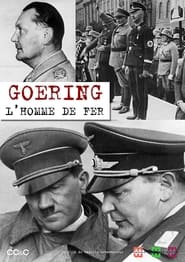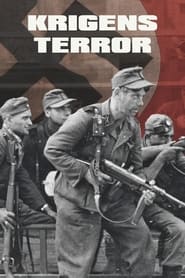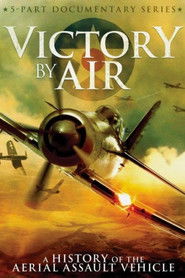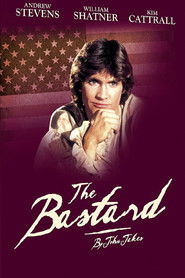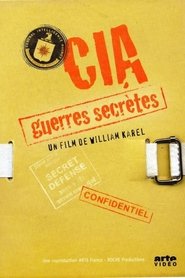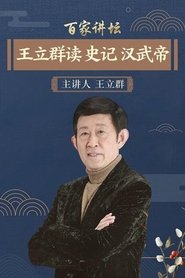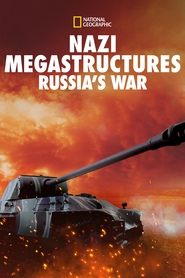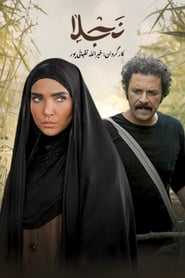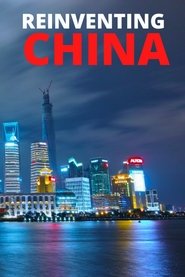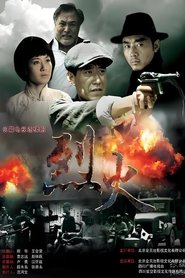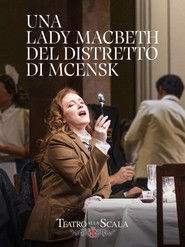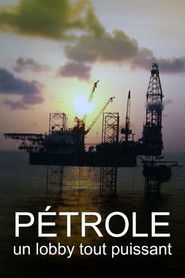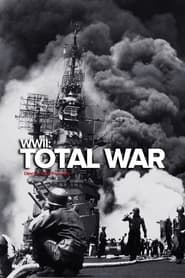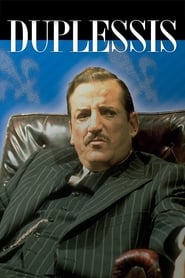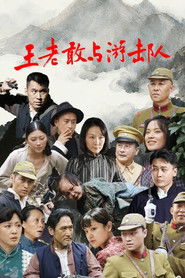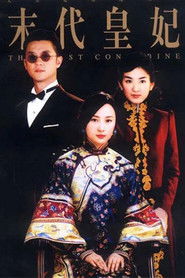War Politics TV Series - Page 113
-
Goering: Nazi Number One
2006
This is the story of an incredible rise to power, the most comprehensive documentary on Hermann Goering ever made. He was a man of many faces: vain, ambitious, more brutal than any other of Hitler's minions, yet the most popular Nazi official of all, at times even more popular than Hitler himself. He embodied the jovial side of the Third Reich. Yet the same man who organised dissolute bacchanals also founded the Gestapo, set up the first concentration camps, and had his own comrades murdered in the purge of 1934. These unique personal records form the largest and most important single film find from the Nazi era in past years. -
Krigens terror
2020
Krigens terror
2020
-
Victory by Air
2010
Victory by Air
2010
This compelling documentary series follows the history of the aerial assault vehicle from the creation of the aeroplane to its militarization during WWI and the Russian Revolution. With remarkable narration and incredible archival footage, including many never-before-seen sequences, this groundbreaking 5-part series is a complete historical overview from 1900-1945. -
The Bastard
1978
The Bastard
1978
Phillipe Charboneau is the illegitimate son of an English duke. When he travels from France to England to claim his inheritance, he incurs the wrath of his father's family and is forced to flee to America, where he becomes involved in the events leading to the American Revolution. -
Sokhumi
2024
Sokhumi
2024
-
王立群读史记之汉武帝
2007
王立群读史记之汉武帝
2007
-
Nazi Megastructures: Russia's War
2018
star 1The story of Hitler’s war on the Eastern Front – an attempt to liquidate the Russian people and gain living space for his superior Aryan race. It is a conquest that takes the Nazis all the way to the gates of Moscow and back to the heart of Berlin, and culminates in the collapse of the Third Reich. The series reveals the cunning strategy, defensive megastructures and military technology deployed in this devastating war of brutality between giants. -
Najla
2020
Najla
2020
The story of the Najla series took place in 1979, and a girl promised a boy in love in that turbulent and insecure situation that if the boy wanted to cross the border between Iran and Iraq and visit Arbaeen, he would reciprocate his love for her. He will answer in the affirmative. You have, but it all happened along the way -
Reinventing China
2023
Reinventing China
2023
star 7.5China's history of the last 200 years seems like a boomerang, returning to the West what it once unleashed. The series reveals how devastating the struggles for identity and power have been for the population since the fall of the "Middle Kingdom," and how closely these tragedies are intertwined with our own. Great hopes were placed in a wide variety of visions for the future—and each time, bitter disappointment ensued. From the decline of the empire to its resurgence as a superpower, China's history is both a dream and a nightmare, in which human life is of little value. -
Battle Treasures
2025
Battle Treasures
2025
Battle Treasures tells the stories behind some of the rarest and most remarkable military artefacts ever discovered. -
Burning Fire
2011
Burning Fire
2011
-
Kumpas
2022
Kumpas
2022
-
The Case Against Oil
2022
The Case Against Oil
2022
star 10To coincide with COP28, the two-part arte documentary (originally from PBS Frontline/BBC under the title "Big Oil vs. The World" / "The Power of Big Oil") shows how oil companies and politicians have, for decades, sowed doubt about the causes of climate change and obstructed necessary countermeasures. In light of the growing threat of natural disasters, heat waves, and floods, the film examines the precise reasons for this long-standing obstruction and questions the responsibility of powerful oil companies like ExxonMobil. -
World War II: Total War
2018
star 6.5A Total War is all encompassing, a war without boundary or limitation. It is a war of material and morale. A war that mobilizes, destroys and displaces civilian populations. The Second World War was a war in which massive armies advanced, confronting whole populations with impossible choices. The manufacture of weapons transformed industry and the workforce; area bombing campaigns reduced cities to rubble; sieges doomed populations to starvation; racial policies sponsored campaigns of genocide. Told through archive footage and expert interviews, we learn how WWII shattered the boundaries between home-front and battlefield. -
Duplessis
1978
Duplessis
1978
Duplessis was a historical television series in Quebec, Canada, that aired in 1978. It tells the story of Maurice Duplessis, the controversial premier of Quebec from 1936 to 1939 and 1944 to 1959. It is one of the most famous mini-series in Quebec television history. The series was written by Oscar-winning film director Denys Arcand, and based in large part on Conrad Black's popular biography. The series contains 7 episodes, each one containing a different historic moment in Duplessis's life and path into power. Duplessis is portrayed by Jean Lapointe. It is distributed by Radio-Canada and is available on DVD. -
Вторые
0000
Вторые
0000
-
Wang Lao Gan Yu You Ji Dui
2025
At the onset of the Anti-Japanese War, veteran Communist Wang Laogan operates a secret resistance from Shuiquan Tavern in occupied Shandong. As his team expands—bringing together former bandits, wealthy elites, and other awakened citizens—they carry out daring missions, culminating in a bold tunnel ambush that delivers a decisive blow to the Japanese forces. -
末代皇妃
2004
末代皇妃
2004
